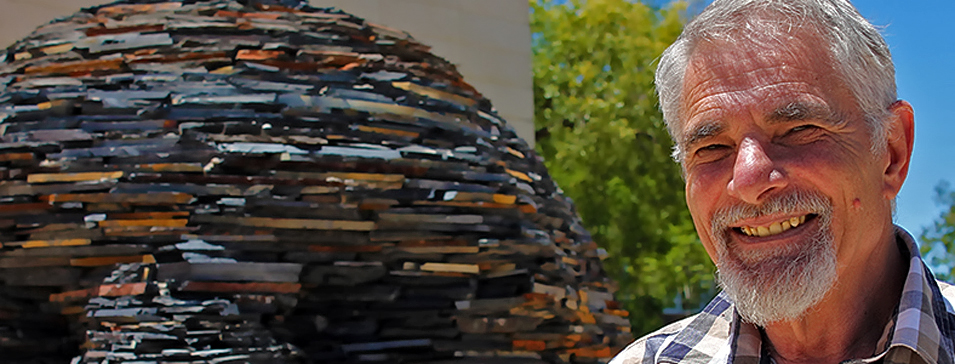Latest News Archive
Please select Category, Year, and then Month to display items
22 September 2021
|
Story Michelle Nöthling
|
Photo Supplied
 Annemarie Le Roux.
Annemarie Le Roux.
“I love working with children.” This is one of the first things Annemarie le Roux mentions when asked to describe herself. This love for children propelled Annemarie into the field of education and she graduated in 2006 with a BEd in Foundation Phase at the UFS. Annemarie immediately immersed herself in the Deaf community, enriching the lives of children at the Thiboloha School for the Deaf in Qwaqwa and the De la Bat School for the Deaf in Worcester.
The academic world enticed Annemarie back to the University of the Free State (UFS) and she was appointed as a junior lecturer in the Department of South African Sign Language (SASL) and Deaf Studies in 2013. Going from strength to strength, Annemarie completed her master’s degree in SASL in 2019, and published an
article earlier this year that she co-wrote with Marga Stander. In this article, they found that SASL “has become an increasingly popular language that hearing university students want to learn as a second language” and subsequently explored different teaching methods used for this emerging group of interested students.
Although now firmly established in academia, Annemarie is still committed to the practical application of SASL. “I am closely involved in student and community engagement through the
SIGNALS Sign Language student association that helps empower the Deaf community and South African Sign Language.” She also interprets for the Deaf community whenever she gets an opportunity, as well as for Deaf students in class and meetings.
On the importance of Sign Language and the recognition of the Deaf community in South Africa, Annemarie believes it will open greater opportunities for development. “More people will be able to learn SASL, and it might even become a subject in school for hearing children.”
UFS an institution of choice for the most gifted academics
2013-12-05
 |
| Prof Rob Gordon |
Two lecturers at the University of the Free State’s (UFS) Department of Anthropology proved once again that the UFS is indeed an institution of choice for some of the most talented and gifted academics in the country.
Prof Rob Gordon was co-author of the book “Recreating first contact,” which explores how adventure travel, which emerged during the early twentieth century, influenced popular views of anthropology.
It was in this period that new transport and recording technologies, particularly the airplane and automobile and small, portable, still and motion-picture cameras, were used in various expeditions to document the last untouched places of the globe and bring them home to eager audiences.
These expeditions were frequently presented as first contact encounters and enchanted popular imagination. The book further explores the effects – both positive and negative – of such expeditions on the discipline of anthropology itself.
Dr Riana Steyn was co-author of the first Afrikaans play by Athol Fugard, “Die Laaste Karretjiegraf.”
The play focuses on the Karretjie people, itinerant sheepshearers in the Karoo who are direct descendants of South Africa’s first inhabitants. Doing research on the Karretjie people, he came across a master’s thesis in Anthropology by Dr Steyn, who gave him access to her work and eventually co-wrote the play with him.